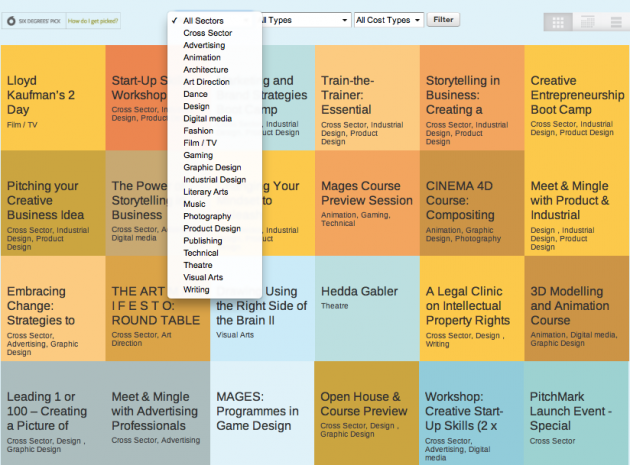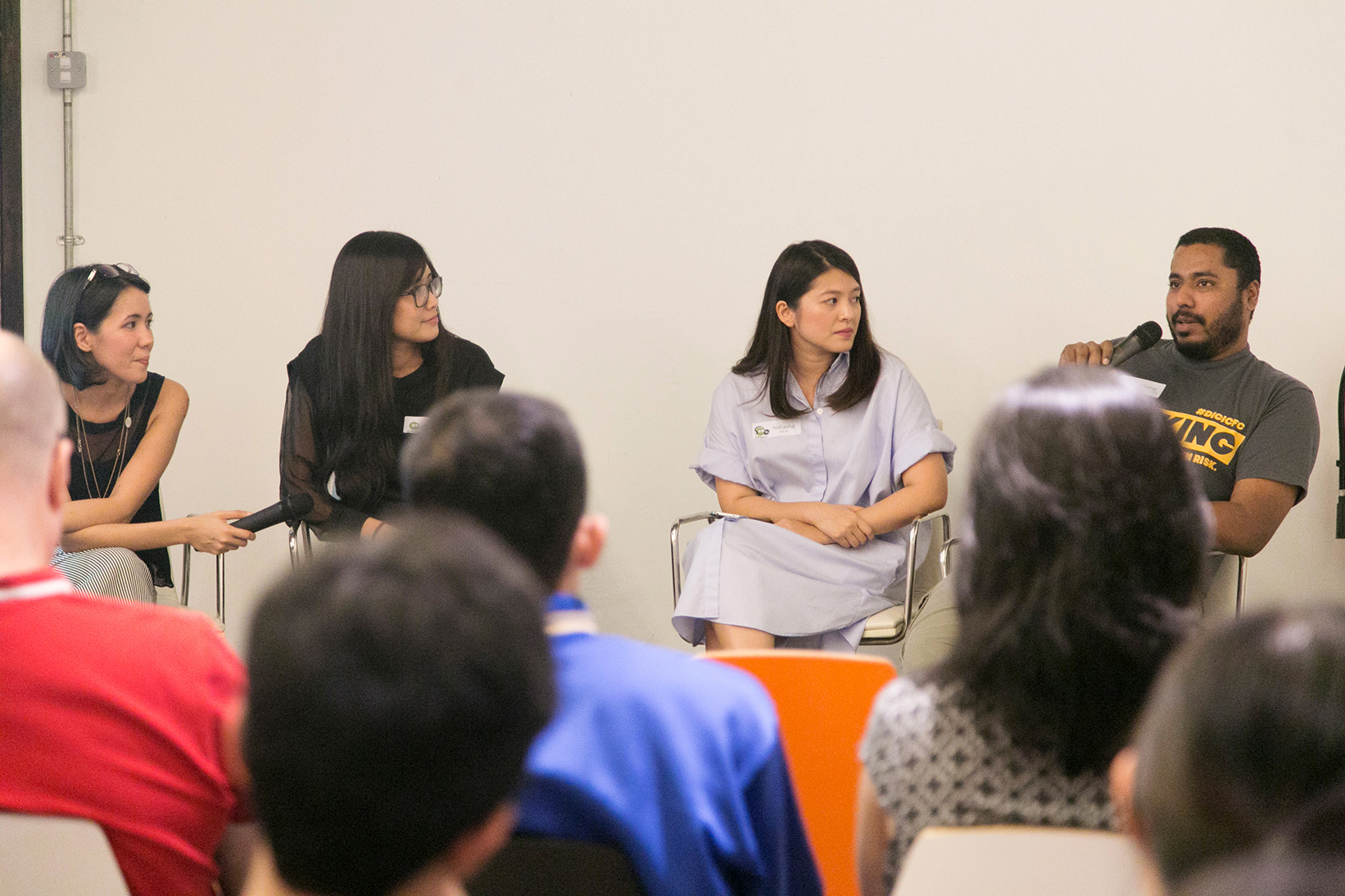Marketing can be such a cold word, yet keeping it personal is the key to reaching your audience effectively. What is it that strikes your event audience at their heart?
In thinking about online marketing, social media, media event listings, email marketing, and search engines come to mind. Given this context, here are 8 tips on how you can market your event online:
1. Know your audience.
This is the number one thing you should keep in mind when thinking about all aspects of your event. This involves segmenting your target audience (i.e. demographic, type of event goer), visualising a day in their life (i.e. where and what they are most likely doing at specific times in a day), and understanding the roadblocks to their goals. With online marketing, this helps you understand where on the Internet your audience is likely to be browsing, and also phrase marketing messages to convey your event’s value to them.
2. Create an event landing page.
Make it simple to find out more about your event by having all the information your target audience will need in one landing page to figure out if its something they want to attend. Convince them of the value they’ll receive within the very first sentence, essentially your event’s elevator pitch. In less than a second (yes that’s how much time you have in the digital sphere to make an impression), will your target audience feel like you’re providing value or addressing their pain point and stick around to find out more? Get a friend to read it to see if they get your event’s purpose.
Read also: 9 ways to create the perfect landing page to sell-out your event
3. Use striking visuals in line with your event’s brand.
People process graphics 60,000 times faster in comparison to text. Visuals are also 43% more persuasive than text in affecting us psychologically and physiologically. Take heed! Create visuals that reflect your event’s vibe or theme and always brand them with your organisation’s or event’s logo to impress a lasting association with your event.
4. Build an email database.
Do not underestimate the effectiveness of email. Ask yourself this – how many times do you check your email in a day? That’s right, at least once and for the more inbox-zero conscious folks, probably three or more times a day. Email marketing is not dying and is in fact still one of the best ways to engage. What more, you can now easily collect email addresses digitally. Treat your email resource wisely and send content that is relevant and valuable, lest you find your audience beginning to disengage.
5. Curate a list of relevant media.
Event listing sites are great for getting your event discovered, particularly those whose readers are in communities you want to attract to your event. For example, if you’re hosting a startup event, you will want to get it listed on thelist.sg. Or if you’re hosting a music gig, you’ll want to submit your event on Bandwagon. The key to getting your event publicised is authenticity:
- Do your research and determine if your event is a good fit with the media’s audience
- Find out which journalists write about your genre of events and build a relationship with them, and
- Make publicity easy – that is, provide them with high resolution pictures, a press release, and contact information.
6. Create online content for your audience.
By content we mean infographics, blog posts, whitepapers, videos or podcasts that addresses the pain points faced by your audience. In our digital age, we go to the Internet to search for solutions to our problems. By providing that very solution through relevant and quality online content, your target audience is more likely to chance upon it in the long run and find out about your event in the process. In the event’s lead up, you could even interview your speakers on their expertise and give a brief review on the topic they’ll be addressing. Reward your target audience even before they purchase a ticket. Give them a sneak preview of your event’s content and get them thinking about how much more value they will gain from attending.
Creating content will also supplement your email marketing efforts. With relevant content, the email itself doesn’t become a pain to receive but earns its place in your recipient’s inbox. Within each piece of content, include a call to action, either to find out more about the event or to purchase a ticket.
7. Highlight who’s coming for your event, particularly if they’re well known.
People attend events to also meet others. Otherwise they might as well read online materials or attend a webinar in the comfort of their own home. Profile influential speakers or attendees, and be loud about it on social media or email. Get attendees excited about networking opportunities!
8. Leverage the power of anticipation and surprise.
Choose to withhold an interesting piece of information about your event that is not crucial to an attendee’s decision to attend (e.g. an underground venue, an influential speaker who will join your already star-studded panel). Reveal this information at a later time to create bursts of publicity buzz on social media or online media that piques interest.
Marketing your event online involves both the science of understanding who your audience is and the art of communicating your event’s value to them. Both will take time to master but getting started on point one – to know your audience – will set you well on your way to reaching the right crowd and ultimately ticket sales as they find your event valuable.
This post was first published on The Hubbington Post.





